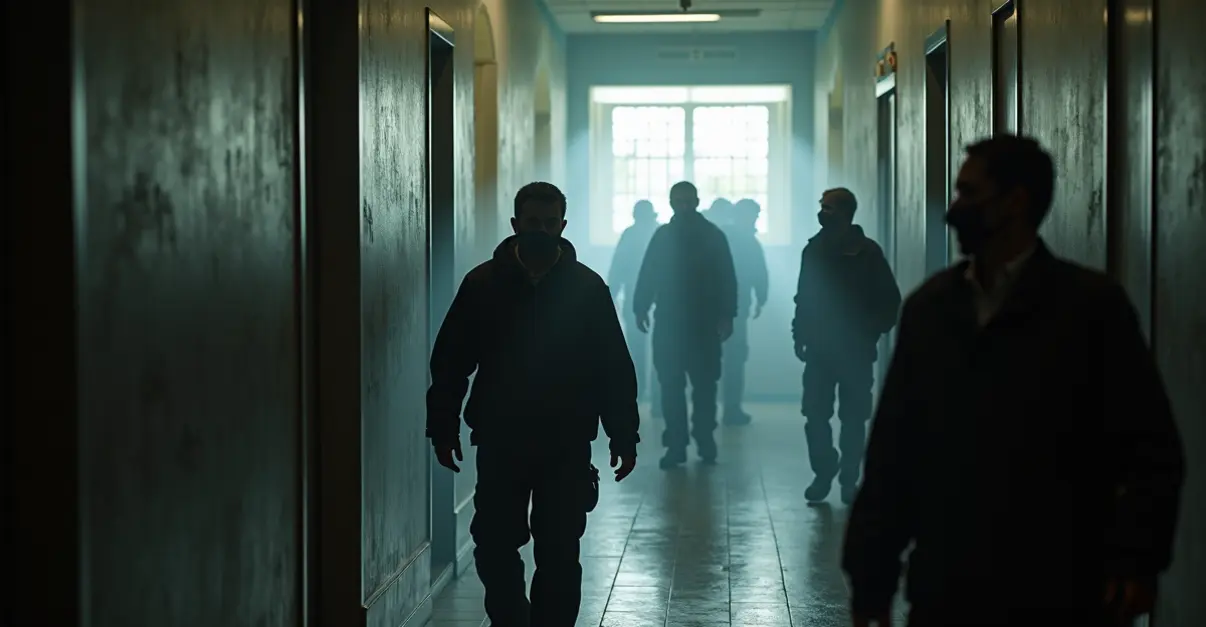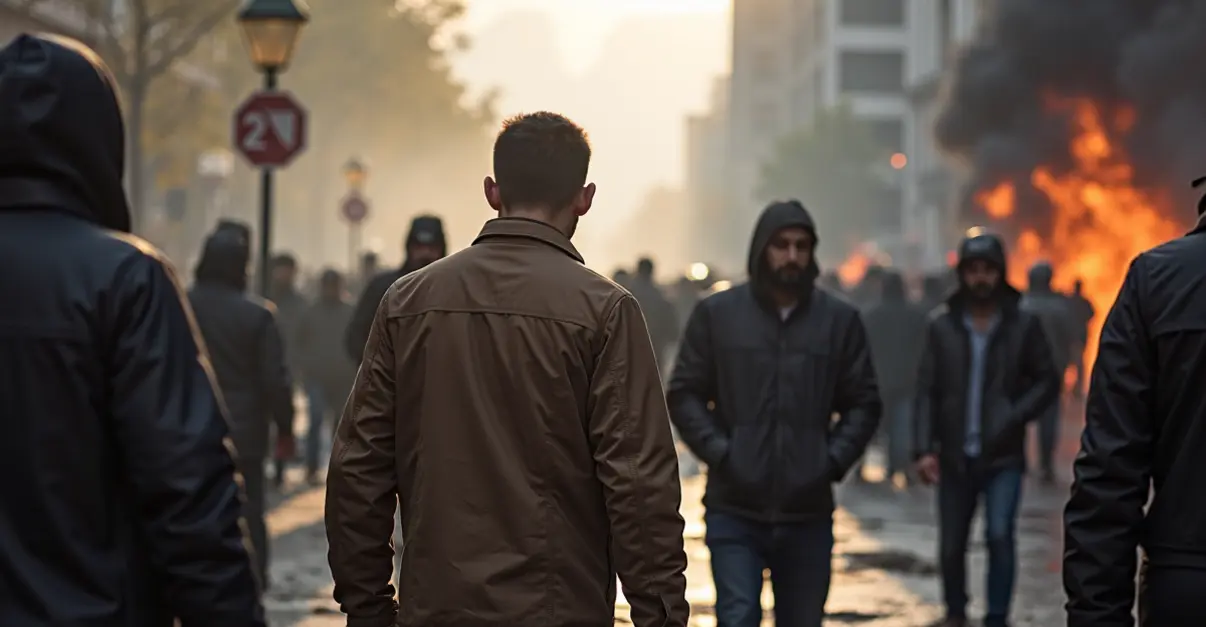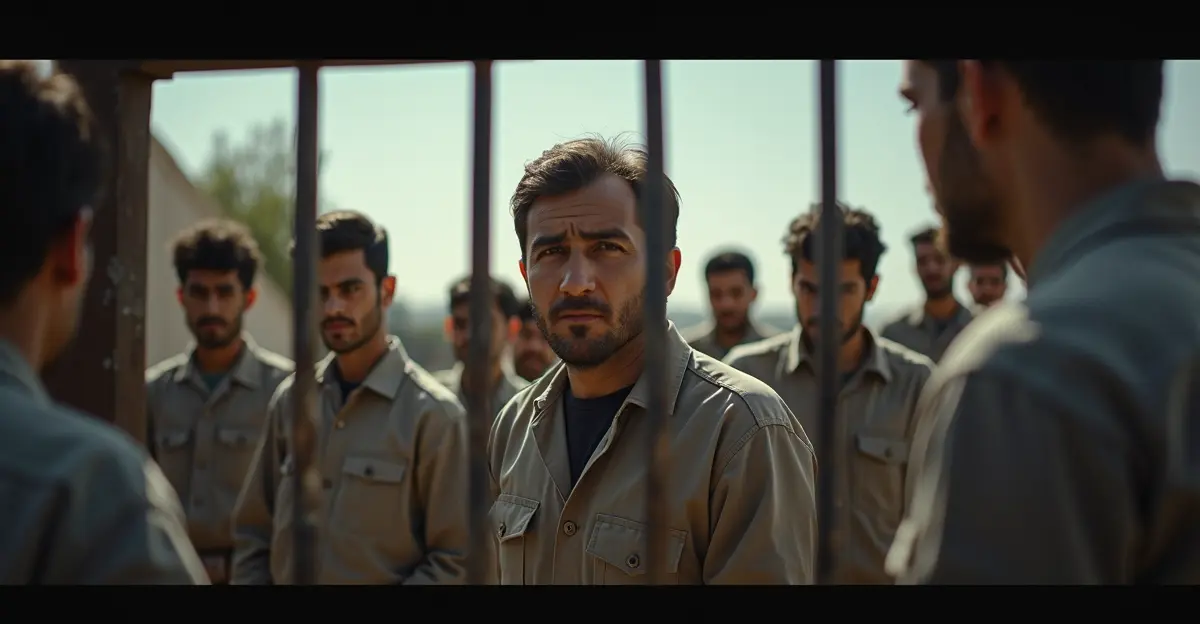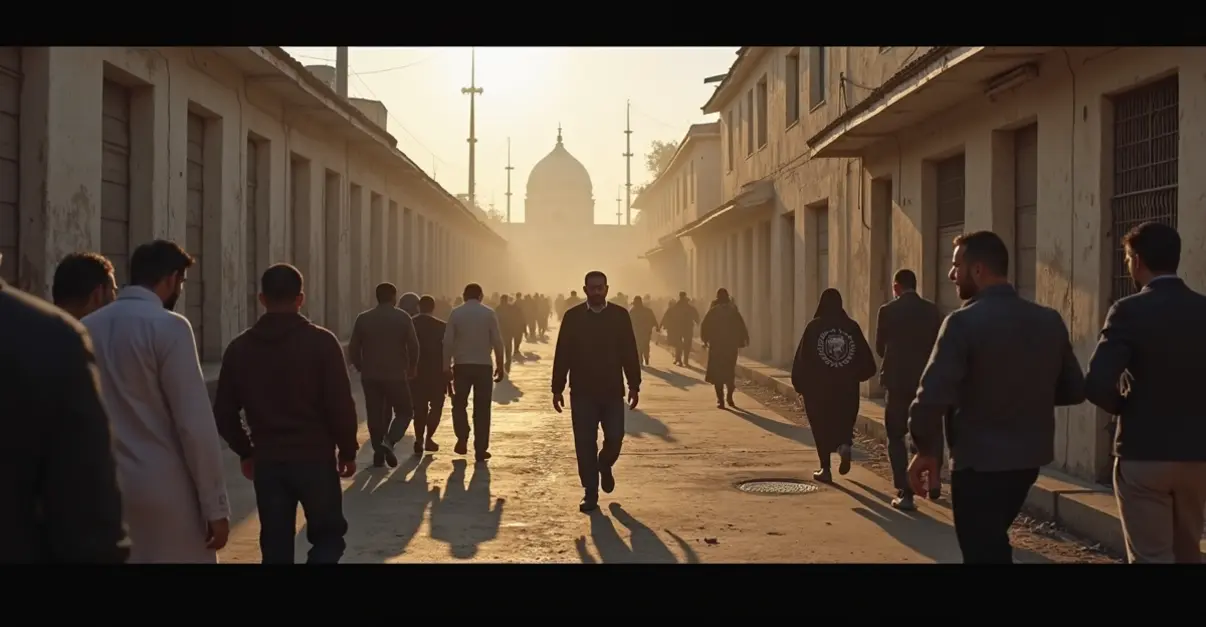Three-Year Ordeal Ends for French Teachers in Iran
After more than three years of detention in Iran's notorious Evin prison, French nationals Cécile Kohler (41) and Jacques Paris (72) have been released on bail in what appears to be the first step of a prisoner exchange deal between France and Iran. The couple, both teachers from France, were arrested in May 2022 during what their families described as a purely tourist trip to Iran.
Diplomatic Breakthrough After Lengthy Detention
The release comes after extensive diplomatic efforts between Paris and Tehran. French President Emmanuel Macron confirmed the development, stating: 'This is a first step, but we must continue our efforts to ensure their full and complete release and return to France.' The couple has been transferred to the French embassy in Tehran while negotiations continue for their final release.
The case had become a major diplomatic sticking point between the two nations. French Foreign Minister Jean-Noël Barrot had repeatedly described the detention as 'state hostage-taking' and called for their immediate release. Iran had consistently denied these allegations, maintaining that the couple faced legitimate espionage charges.
Prisoner Exchange Details Emerge
The release appears to be part of a broader prisoner swap arrangement involving Iranian national Mahdieh Esfandiari, who was detained in France earlier this year. According to France 24 reports, Esfandiari was arrested in February 2025 on charges of promoting terrorism through social media posts that allegedly glorified Hamas attacks on Israel.
Iranian Foreign Minister Abbas Araghchi confirmed the connection, stating: 'We are working to bring our citizen home while ensuring the release of the French nationals.' Esfandiari was conditionally released from French custody on October 22, 2025, pending her trial scheduled for January 2026.
Harsh Conditions in Evin Prison
Kohler and Paris spent much of their detention in Evin prison, a facility notorious for human rights abuses and described by human rights organizations as Iran's primary detention center for political prisoners, journalists, and foreign nationals. The prison has been repeatedly condemned by international organizations including Amnesty International and Human Rights Watch for systematic torture, prolonged solitary confinement, and denial of medical care.
Their ordeal included surviving an Israeli airstrike on the prison in June 2025 that killed dozens of inmates. French authorities confirmed that despite these challenges, both individuals remain in good physical and mental condition.
Pattern of Hostage Diplomacy
This case fits into a broader pattern of what experts describe as Iran's 'hostage diplomacy' strategy. According to Al-Monitor analysis, Iran has employed this tactic since the 1979 Islamic Revolution, using the arrest of Western nationals to extract concessions from foreign governments.
Human rights advocate Sarah Johnson of Amnesty International commented: 'The detention of foreign nationals as bargaining chips represents a systematic abuse of international law and human rights principles. While we welcome the release of these individuals, we must recognize this as part of a troubling pattern that requires coordinated international response.'
Legal Proceedings and Sentencing
Just weeks before their release, Kohler and Paris received harsh prison sentences from Iranian courts - 20 years for Kohler and 17 years for Paris on espionage charges that their families and the French government vehemently denied. The timing of their release shortly after sentencing suggests the judicial process may have been used as leverage in negotiations.
French diplomatic sources indicated that the case had been elevated to the highest levels, with President Macron personally involved in negotiations since September 2025 when France filed a complaint against Iran at the International Court of Justice.
International Response and Future Implications
The European Parliament had previously adopted resolutions condemning Iran's use of hostage diplomacy and calling for the release of detained EU citizens. This successful resolution of the French case may set a precedent for other Western nationals still detained in Iran, including Swedish-Iranian academic Ahmadreza Djalali and British citizens Lindsay and Craig Foreman.
As the couple awaits their final release from the French embassy, their case serves as both a diplomatic success story and a reminder of the ongoing challenges facing Western nationals in countries employing similar detention tactics. The international community continues to monitor the situation closely as both nations work toward completing the prisoner exchange.

 Nederlands
Nederlands
 English
English
 Deutsch
Deutsch
 Français
Français
 Español
Español
 Português
Português










